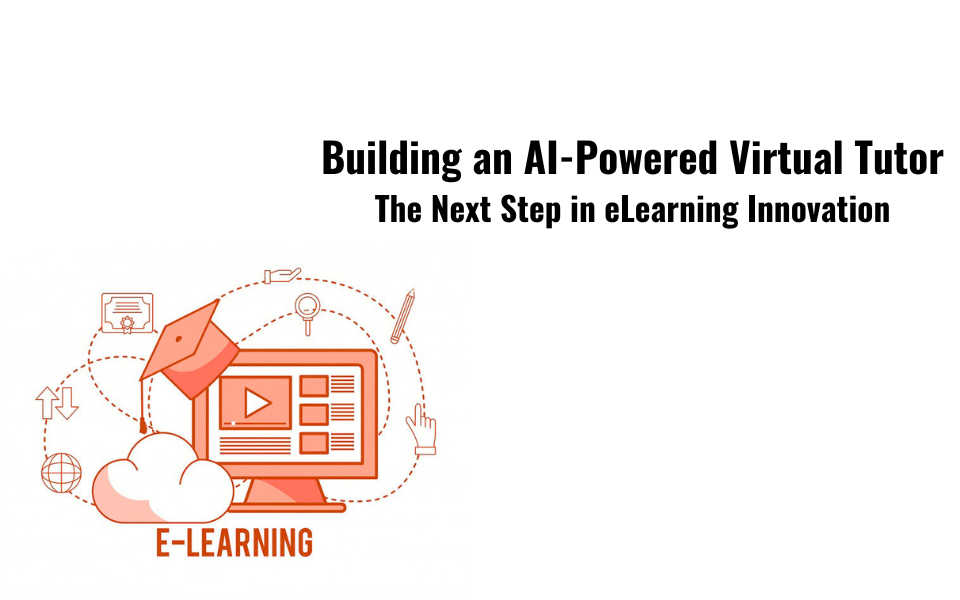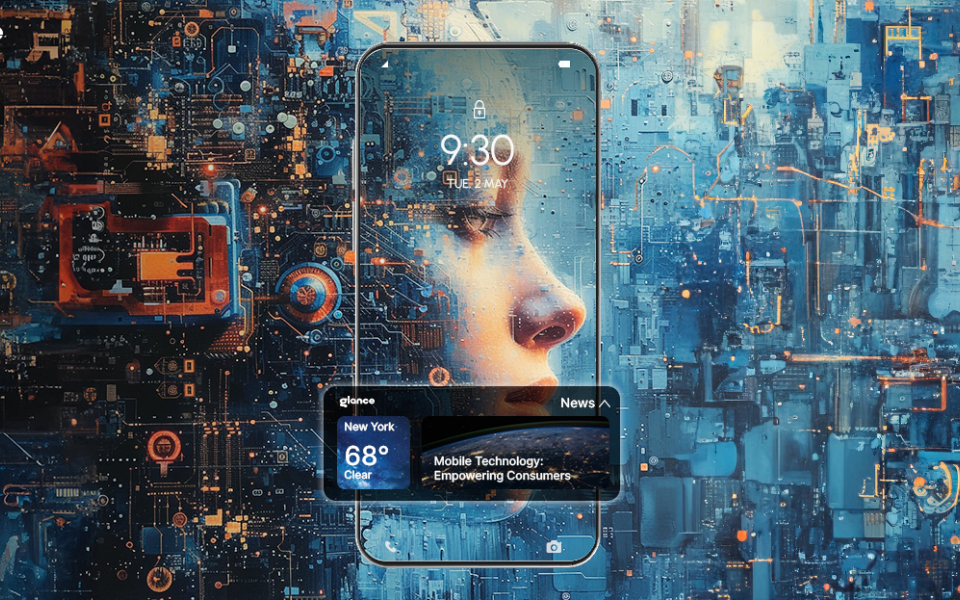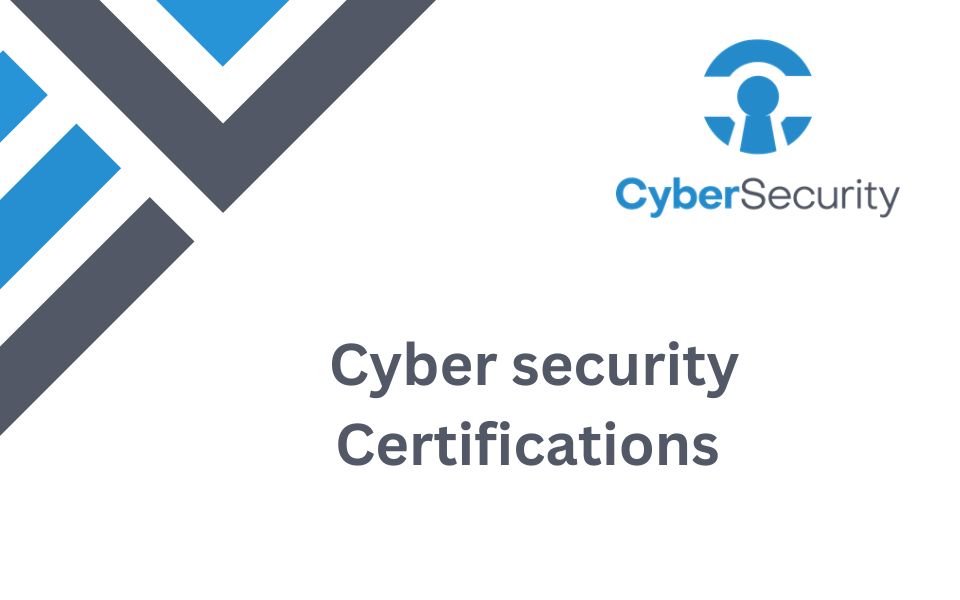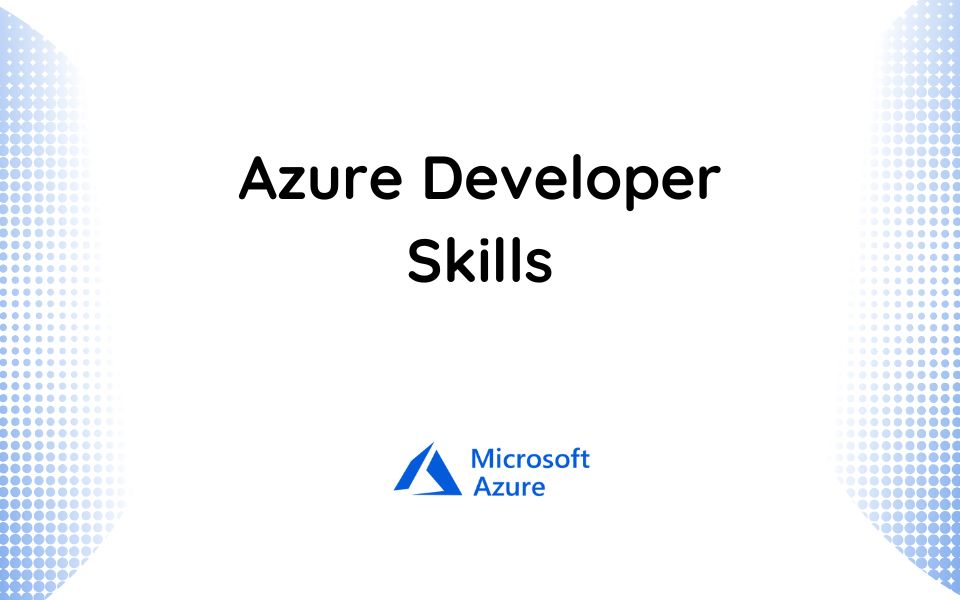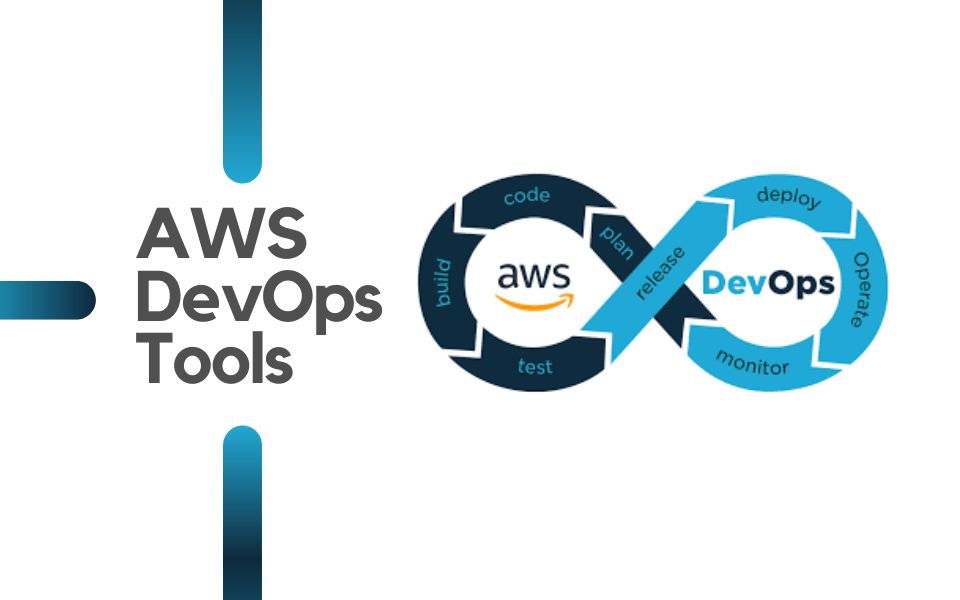Education is undergoing a radical transformation. Traditional learning models, once confined to static curriculums and standardized teaching methods, are being redefined by technology. One of the most groundbreaking innovations in this space is the AI-powered virtual tutor—a system designed to provide personalized, real-time, and interactive learning experiences.
Unlike conventional eLearning platforms that offer pre-recorded lessons and fixed assessments, AI-driven tutors evolve with the learner, adapt to their pace, and refine their teaching strategies based on individual progress. This shift is not just enhancing student engagement but also redefining the expectations from eLearning development services.
What makes AI-powered virtual tutors revolutionary? The answer lies in their ability to think, analyze, and respond dynamically. These systems leverage artificial intelligence, natural language processing (NLP), and deep learning algorithms to simulate human-like tutoring. This article explores the mechanics behind AI-driven virtual tutors, their impact on education, and how businesses investing in eLearning software can harness this innovation for competitive advantage.
Understanding the AI-Powered Virtual Tutor
A virtual tutor is more than just a chatbot answering academic queries. It is an intelligent system that continuously learns from user interactions, assesses comprehension levels, and modifies its teaching approach accordingly.
Imagine a student struggling with a calculus problem. A traditional eLearning system might provide a generic video tutorial or a predefined explanation. An AI-powered tutor, on the other hand, analyzes past learning behavior, identifies gaps in understanding, and formulates a step-by-step explanation tailored to the learner’s specific weaknesses. If the student continues to struggle, the tutor shifts its strategy—perhaps introducing visual aids, interactive simulations, or breaking down the concept into simpler, digestible parts.
This ability to "understand" and "adapt" makes AI tutors an invaluable tool in modern education. They don’t just provide answers—they cultivate learning.
The Technology Driving AI Virtual Tutors
An AI-enabled virtual tutor platform is powered by different advanced tools and technologies that work in unison. A few significant ones include
- Machine Learning Algorithms: These enable the system to track user behavior over time, learning which teaching methods yield the best results for each student. Reinforcement learning helps the AI refine its responses based on feedback loops.
- Natural Language Processing (NLP): This allows the tutor to interpret and respond to human queries conversationally. NLP ensures that students feel like they are interacting with a human tutor rather than a rigid machine.
- Speech Recognition and Voice Synthesis: Many AI tutors integrate voice recognition, allowing students to engage in spoken conversations. Voice synthesis technology then generates human-like responses, making interactions more engaging.
- Computer Vision: For subjects like geometry, physics, or anatomy, AI tutors use computer vision to recognize diagrams, symbols, or hand-written equations, offering relevant guidance in real time.
- Big Data Analytics: AI tutors process vast amounts of student data to identify learning patterns, predict areas of difficulty, and customize lesson plans accordingly.
Each of these technologies contributes to an immersive learning experience, ensuring that students receive an education tailored to their unique needs.
Why Businesses Should Invest in AI-Powered eLearning Solutions?
The global education industry is rapidly moving toward AI-driven solutions. Companies that integrate AI-powered virtual tutors into their eLearning development strategies gain a competitive edge, offering services that are more personalized, efficient, and scalable.
1. Enhanced Learning Outcomes
Personalized tutoring ensures that students grasp concepts at their own pace. AI-driven tutors provide instant feedback, allowing learners to correct mistakes immediately rather than wait for an instructor’s response. This reduces frustration and fosters a deeper understanding of subjects.
2. Scalability and Cost Efficiency
Hiring human tutors for every student is not feasible, especially in large-scale educational platforms. AI-powered tutors, however, can engage thousands of learners simultaneously, providing consistent quality education without additional costs. Once developed, these systems require minimal maintenance compared to traditional teaching staff.
3. 24/7 Availability
Unlike human educators, AI-powered virtual tutors are available round the clock. Students across different time zones can access learning support whenever they need it, improving accessibility and convenience.
4. Adaptive Learning Paths
Every student has a different learning curve. AI tutors recognize this and create individualized learning paths, adjusting difficulty levels, content formats, and problem-solving approaches based on the learner’s performance.
5. Data-Driven Insights
For educational institutions and corporate training providers, AI tutors provide valuable insights into student engagement, common learning challenges, and course effectiveness. This data helps refine educational strategies and improve content delivery.
Businesses that prioritize eLearning must recognize that AI-powered tutors are not just a luxury—they are becoming a necessity in the evolving landscape of digital education.
How AI Tutors are Changing Corporate Training
While AI-powered virtual tutors are transforming traditional education, they are also revolutionizing corporate training programs. Companies are leveraging these intelligent systems to upskill employees, streamline onboarding processes, and ensure continuous professional development.
Consider a multinational company rolling out new software across its workforce. Instead of organizing expensive training sessions, an AI-powered tutor can guide employees through interactive learning modules, answer queries in real time, and even assess their proficiency through adaptive assessments.
In high-risk industries such as healthcare or aviation, AI tutors simulate real-world scenarios, allowing professionals to practice decision-making in a risk-free environment. This type of immersive learning enhances retention and prepares employees for real-world challenges.
With eLearning solutions rapidly incorporating AI-driven solutions, businesses can offer more engaging and effective training programs, leading to higher workforce productivity.
Challenges and Ethical Considerations in AI-Powered Learning
Despite the advantages, AI-powered virtual tutors are not without challenges.
1. Data Privacy and Security
AI tutors collect vast amounts of student data, raising concerns about data privacy. Ensuring compliance with regulations such as GDPR and implementing robust cybersecurity measures is crucial.
2. Bias in AI Algorithms
If not properly trained, AI models can inherit biases present in their training data. This can lead to unfair assessments or recommendations, particularly in adaptive learning environments. Developers must ensure that AI-driven tutors are trained on diverse and unbiased datasets.
3. Lack of Human Emotional Intelligence
While AI tutors can simulate conversations and personalize learning, they lack the emotional intelligence of human instructors. In cases where students need motivation, encouragement, or deeper mentorship, human intervention remains necessary.
Addressing these challenges requires a hybrid approach, where AI tutors complement human educators rather than replace them entirely.
The Future of AI in eLearning Development
The potential of AI-powered virtual tutors is far from fully realized. Advancements in deep learning, augmented reality (AR), and AI-generated simulations will further enhance the capabilities of virtual tutors. Future AI-driven learning systems may feature real-time emotional recognition, allowing tutors to gauge a student’s frustration or confidence levels and adjust their approach accordingly.
The integration of blockchain technology may also redefine AI-driven education, ensuring secure credentialing and verification of learning achievements. Students may have decentralized, AI-verified educational records, eliminating the need for traditional certifications.
As AI continues to evolve, its role in eLearning software will only expand, pushing the boundaries of what digital education can achieve.
Conclusion
AI-powered virtual tutors represent the next frontier in digital education, offering personalized, scalable, and interactive learning experiences. By leveraging machine learning, NLP, and data analytics, these intelligent systems revolutionize traditional teaching methods and create new opportunities for businesses investing in eLearning development services.
From enhancing student outcomes to transforming corporate training, AI tutors are shaping the future of education. Companies looking to stay ahead in the competitive eLearning industry must embrace this innovation, ensuring that learners worldwide benefit from a smarter, more adaptive approach to education.




